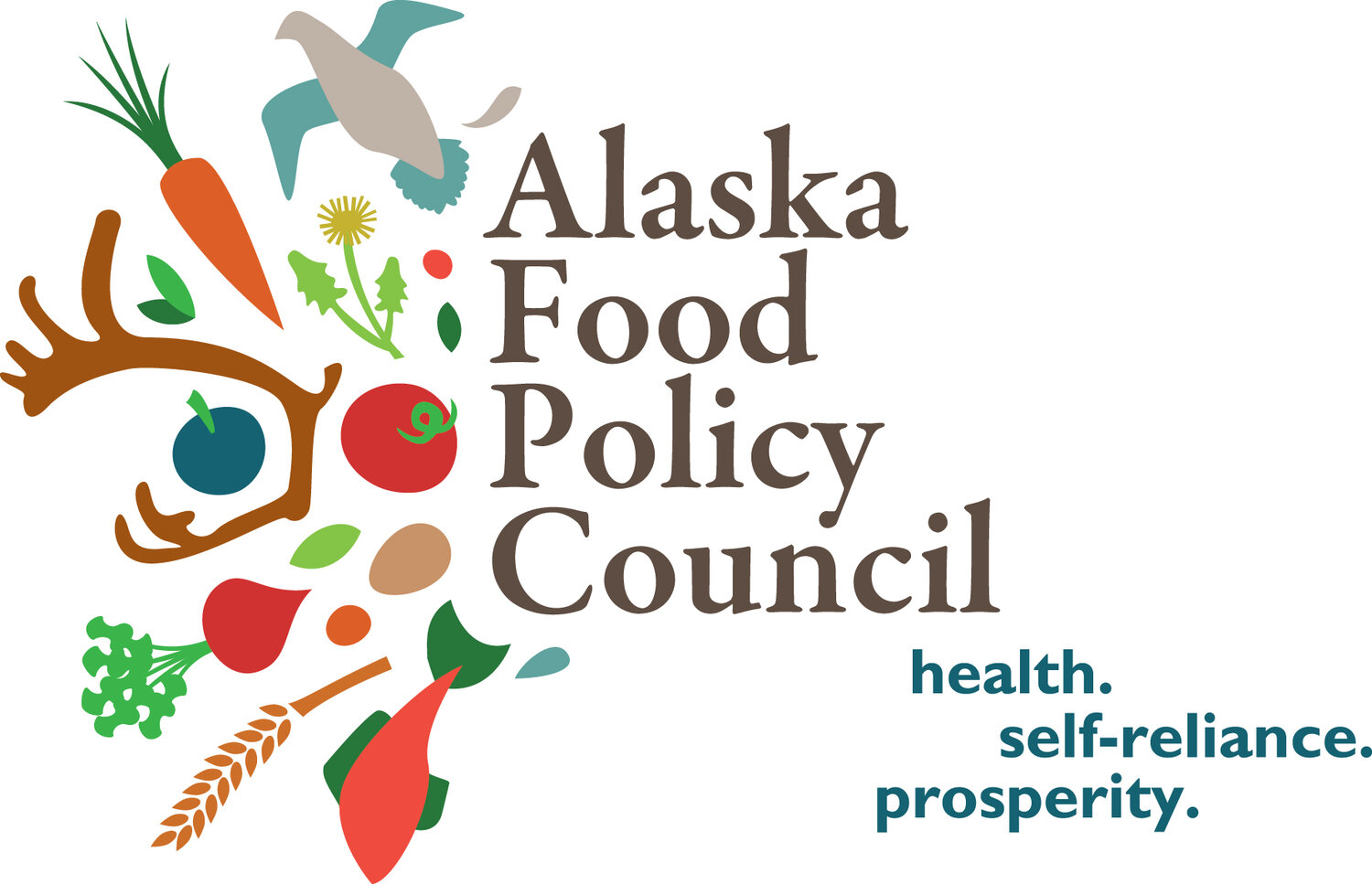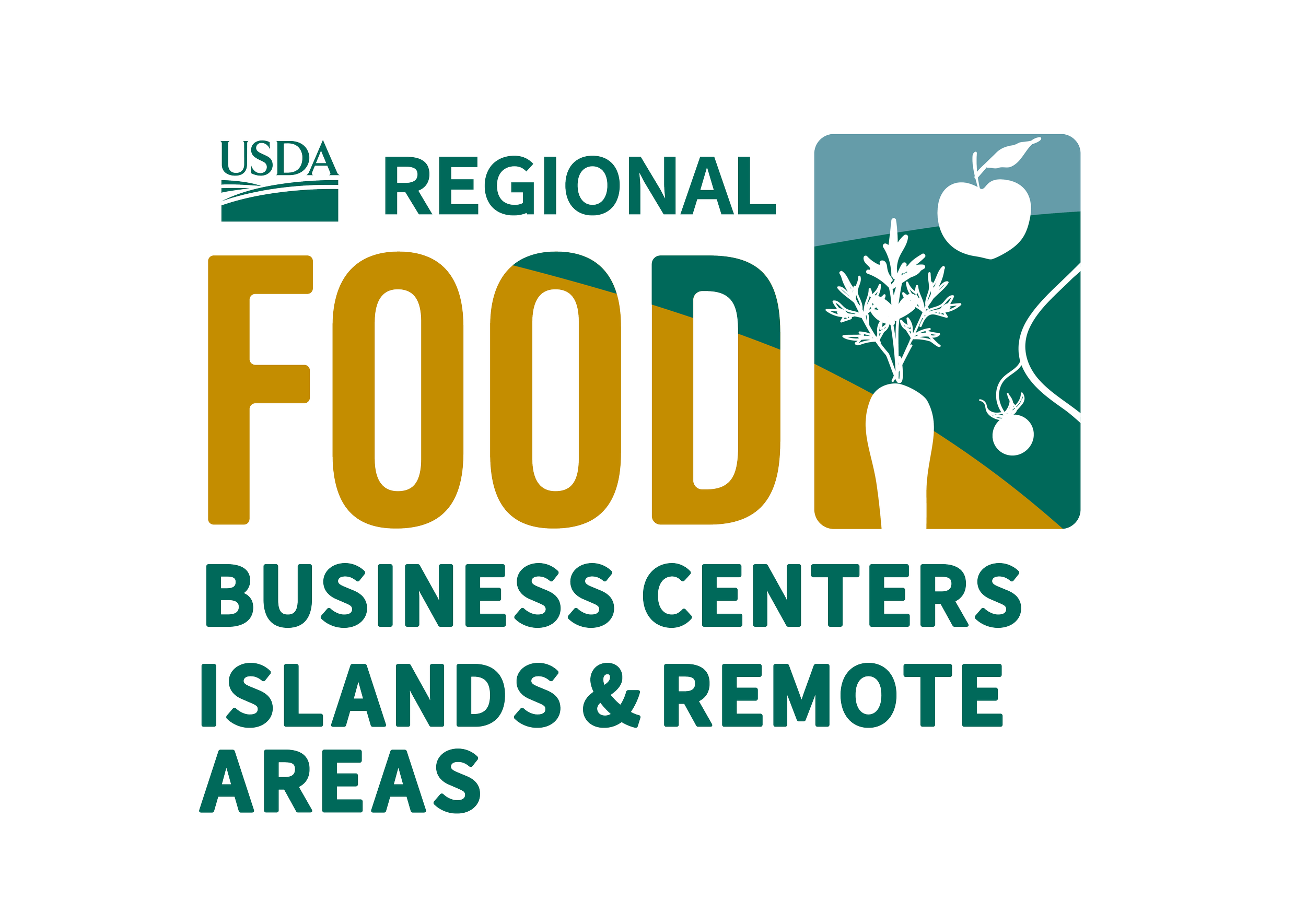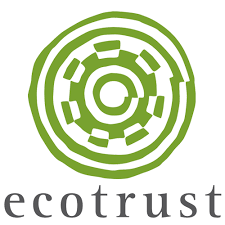The USDA Regional Food Business Centers are designed to:
Create opportunities for targeted, region-specific solutions.
Maximize locally driven investment impact.
Complement and support other USDA programs.
Collaborate with USDA Agricultural Marketing Service to ensure ongoing, regionally appropriate support and coordination.
The USDA Regional Food Business Centers were established to drive economic opportunities across their region, creating a more diversified and resilient food system.
Geography: Hawaiʻi, Guam, Northern Mariana Islands, American Samoa, Alaska, Puerto Rico and the U.S. Virgin Islands.
Summary: This Center serves the Nation’s Island States, Territories, and Commonwealths listed above. While not contiguous, these islands and remote areas face similar challenges including, food transport logistics, underdeveloped infrastructure, extreme climate change impacts, and legal barriers such as highly regulated shipping requirements and exclusions from regional free trade agreements. The region relies on imports for over 90% of their food supply putting them at extreme risk of supply chain disruptions and high food prices.
Our National Partners:
Hawaiʻi Good Food Alliance
Lead Entity of the Islands and Remote Areas:
We join together—with a sense of urgency—to raise community voice and support one another in the belief that each and every person in Hawai’i can share in healthy, locally produced food.
Virgin Islands Good Food Coalition
The US Virgin Islands Good Food Coalition is dedicated to promoting local food systems by connecting food producers, distributors, and consumers. They ensure access to fresh, nutritious, locally-grown produce through farmers' markets, educational programs, and partnerships with restaurants and grocery stores. Their efforts promote healthier lifestyles, support the islands' economy, and preserve culinary heritage.
Guahan Sustainable Culture
Guahan Sustainable Culture (GSC) cultivates ideas and strategies of environmental sustainability within our local community through practical education, social engagement, and collaborative partnerships. GSC believes that environmental sustainability translates into the well-being of our island community.
Our Alaska Partners:
More coming soon!!
The Islands and Remote Areas RFBC is unique in many ways, therefore our challenges and proposed responses are unique.
Our challenges include: Geographic isolation, food transport logistics, underdeveloped infrastructure, extreme climate change impacts, Colonial histories and their impacts on large Indigenous populations and cultures, and legal issues (for example, not all areas are states, some are territories and commonwealths).
Our responses include: We aim to promote accessibility to flexible capital and technical assistance (TA) for food and farm businesses through the establishment of a centralized online platform that brings together farmers, food businesses, TA providers, and funders.
Business Builder Subawards - We will be aiming to support increased local food production for small-scale marginalized farmers and producers by offering funding for their specific needs like machinery, inputs, equipment, and other essential infrastructure, including existing and emerging distribution systems, based on our network of food hubs.
This five-year project includes one year for planning
(July 2023-June 24)
Business Center will be informed by:
2020-22 Regional Food System Partnership, Food System Action Plan
The emerging Alaska Food System Network is for individuals, organizations, agencies, and businesses involved in the food supply chain, education, aid and access, production, harvest, knowledge bearing, and more
Led by a Core Leadership Team and a boarder Steering Committee of other organizations, emerging as the Alaska Food System Network (individuals, organizations, agencies, and businesses involved in the food supply chain, education, aid and access, production, harvest, knowledge bearing, and more)
Year One General Timeline:
Meet with National Partners to plan activities
Hire staff (Operations & Finance, Communications, & Business Center Co-Director)
Form Core Leadership Team
Create Steering Committee that will prioritize areas for support
Landscape Analysis, guided by steering committee organizations
Website redesign with an interactive database of technical assistance providers, funding opportunities, jobs and internships, etc.











